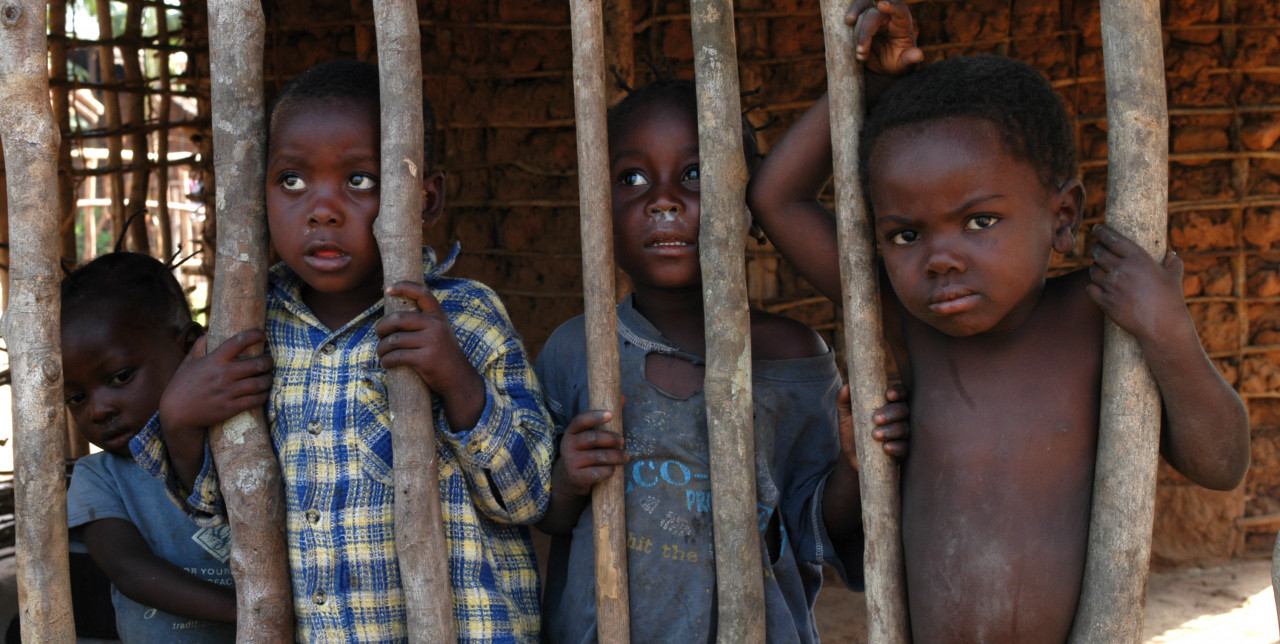31-01-2017 | di COOPI
In CAR education = integration
Where the Central African Republic borders on South Sudan, there is a town called Obo, that has a border atmosphere. The border atmosphere is that particular atmosphere that characterizes the border towns. Here, people of different origins, habits and languages mix together. Cohabitation among the various populations is not always peaceful in the border town: the local population of Obo, for example, no longer supports the flow of South Sudanese migrants who escape from the crisis and the conflict that struck their country. COOPI is the only NGO that has been operating in the region since 2009. Its commitment is to facilitate the integration of refugees into the local community through a project that provides for the protection and facilitation of access to educational services for vulnerable children of Obo .
Why the children?
Children are the beneficiaries of the project for a definite aim: first of all to offer them a security guarantee. Children abducted by the Lord Resistance Army (LRA) were more than 50 from January 2016. It was necessary that these children, once subjugated to armed groups, could benefit from psychosocial support during their social reintegration and schooling in order to regain normality in their lives. Secondly, it is necessary to create favorable conditions for integration. In this way, new generations can grow side by side, sharing the same values and feeling in the same community. COOPI's project, with UNICEF funding, provides for the creation of 11 Temporary Child Protection and Protection Spaces, where children can attend accelerated remedial classes to prepare for inclusion in the Central African Francophone school system (in South Sudan they studied in English!) and participate in recreational activities to better integrate with their companions.
COOPI's provisions
Bearing in mind the instability of the security in the region, the impact of the actions envisaged in the project will be taken into account in order to neutralize the exposure to the risks to which the beneficiaries are exposed. The implementation of the project will consider the different degrees of necessity at various social levels to provide the most appropriate response to each need. Moreover, strengthening the capacities of local actors (teachers, members of the local / community committees for monitoring activities, project staff) will be a priority in contributing to the reinforcement of community self-protection, hoping that the border atmosphere that characterizer Obo could become from social problematic to cultural wealth.



